Depression rises among LGBTQ people as Poland stirs up anti-LGBTQ rhetoric, study finds
Ruling Law and Justice Party has campaigned on combating "LGBT ideology," with some local governments declaring themselves "LGBT-free zones."

The number of Polish LGBTQ people reporting that they’ve experienced depression rose by more than half between 2017 and 2020, according to a new study.
Approximately 44% of LGBTQ people reported experiencing serious symptoms of depression in 2019 to 2020, up from 28% in 2017, according to the study by University of Warsaw’s Centre for Research on Prejudice.
The study, which was published last week, was commissioned by the Campaign Against Homophobia group, and surveyed 22,883 people online between December 2020 and February 2021.
According to the study’s findings, LGBTQ respondents in Poland said their families had become less tolerant of them over the past few years, with only 61% reporting that their mothers were accepting of them, and 54% of saying their fathers were accepting of them.
Those numbers mark a decrease from 2017, when 68% of respondents said their mothers were accepting of their sexual orientation and 59% said their fathers were accepting.
“The picture is of a serious worsening of the mental health of LGBT people,” Miroslawa Makuchowska, the vice-president of the Campaign Against Homophobia, told Reuters.
“Why is that happening? Respondents to the survey reply directly — their situation at home, for example the family home, has got worse because there has been so much hate speech towards LGBT people.”
The study’s results come after years of anti-LGBTQ rhetoric and political moves under the ruling Law and Justice (PiS) party led by President Andrzej Duda, a right-wing populist who regularly makes appeals to “family values” and “traditional morals” to market himself to conservative voters in the heavily Catholic country.
Some regions of the country where the Law and Justice party runs local councils have even declared themselves “LGBT-free zones” and the government has fought to stop “LGBT ideology” from being taught in schools by barring any mention of LGBTQ-related issues, as well as comprehensive sex education.
At the same time, a separate poll conducted by state-funded research center CBOS in September claims that Poles have grown more tolerant of LGBTQ people since 2019, with 51% of respondents saying that homosexuality is “a deviation from the norm” but should be tolerated rather than outlawed, compared to only 23% who say homosexuality is a naturally-occurring phenomenon. That same poll also shows support for same-sex marriage has reached an all-time high of 43%.
However, even if those statistics are accurate, it still means that a majority of Poles oppose same-sex marriage and while a majority may “tolerate” homosexuality, those same people may also not oppose efforts to block LGBTQ-related content from being widely disseminated in order to “protect children” from accessing such information.
Related: EU launches legal action against Hungary and Poland for violating LGBTQ rights
Attitudes towards homosexuality may also vary by region. For instance, in the Centre for Research on Prejudice study, a 27-year-old lesbian who lives in the city described having to closet herself to avoid revealing her sexual orientation to others, especially those from more rural or conservative regions.
“For the safety of my parents, who live in the countryside, we don’t tell anyone about it, and my Instagram is private so that none of my old friends from the countryside will know,” she said. “It’s very hard and unpleasant for me, but nobody does it to annoy me, just we have to protect each other in the family, and this is mainly about protecting my loved ones.”
Still others say that anti-LGBTQ rhetoric is not only harmful but widespread, pointing to remarks by influential politicians, such as Przemysław Czarnek, an anti-LGBTQ figure who was named the Minister of Education and Science last year, as well as the Duda government’s more fascist-like views when it comes to civil liberties — which can contribute to decreased feelings of self-worth and heightened feelings of depression among LGBTQ individuals.
“Czarnek publicly stated that LGBT people are not equal to other people and denied us human rights. Soon after, he became the Minister of Education. I feel anger sadness and helplessness. If it weren’t for my partner, I would be depressed,” a 21-year-old transgender Pole told researchers.
“When I did not vote in 2019, I did not expect the political system in our country would be so exploited and circumvented by the ruling party trying to take more power. I am considering leaving the country if the situation does not improve after the next election.”
“Being called the ‘rainbow plague,’ constant comments about how gross we are and how we want to destroy someone’s family. These are very painful situations… I struggle with depression and suicidal thoughts,” said a 19-year-old lesbian respondent.
A 21-year-old lesbian added that being referred to by politicians as the “rainbow plague” was “completely dehumanizing.”
“Additionally, it caught on with my grandmother and the homophobic part of the family. It was often brought up at family gatherings, which effectively pushed me deeper and deeper into the closet.”
Support Metro Weekly’s Journalism
These are challenging times for news organizations. And yet it’s crucial we stay active and provide vital resources and information to both our local readers and the world. So won’t you please take a moment and consider supporting Metro Weekly with a membership? For as little as $5 a month, you can help ensure Metro Weekly magazine and MetroWeekly.com remain free, viable resources as we provide the best, most diverse, culturally-resonant LGBTQ coverage in both the D.C. region and around the world. Memberships come with exclusive perks and discounts, your own personal digital delivery of each week’s magazine (and an archive), access to our Member's Lounge when it launches this fall, and exclusive members-only items like Metro Weekly Membership Mugs and Tote Bags! Check out all our membership levels here and please join us today!





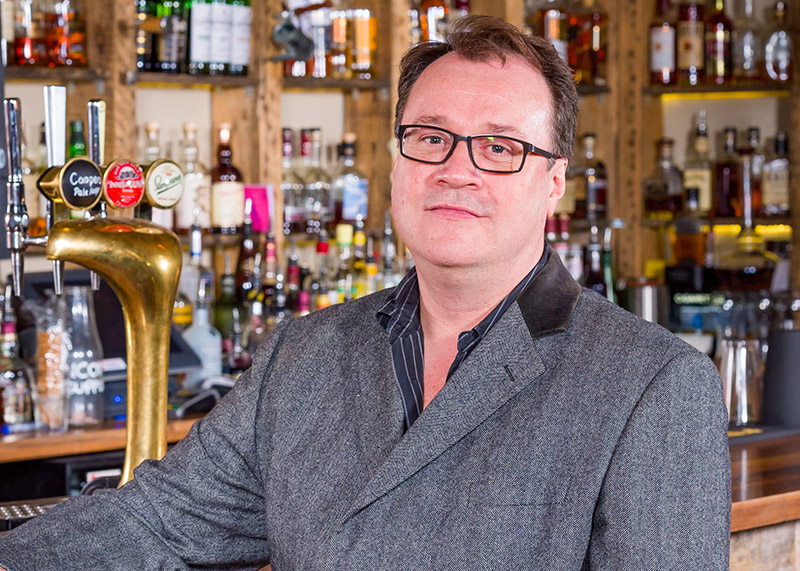
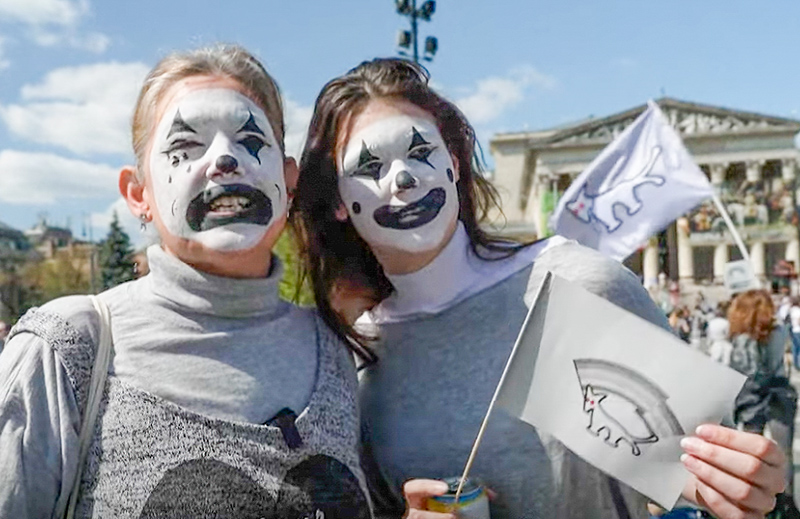
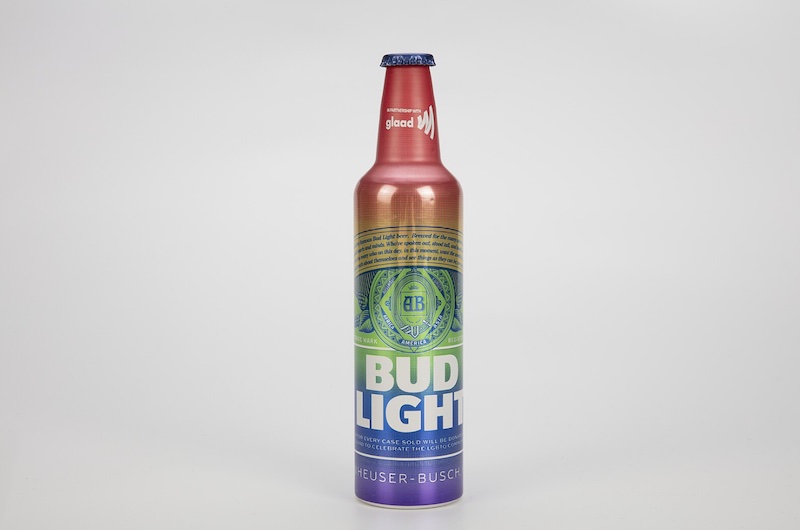













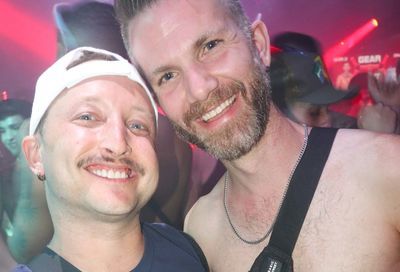

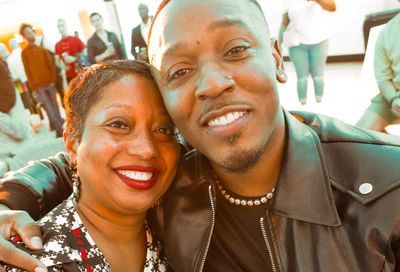
You must be logged in to post a comment.